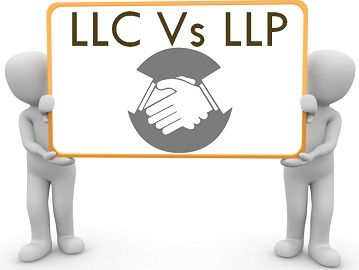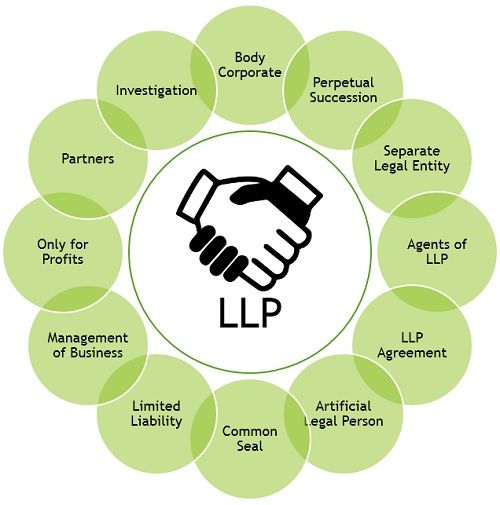Are LLPs governed by companies act?
LLPs governed by companies act Limited Liability Partnerships (LLPs) are a popular business structure that combines features of both partnerships and corporations, offering the benefits of limited liability and operational flexibility. In India, LLPs are primarily governed by the Limited Liability Partnership Act, 2008, but they are also subject to certain provisions of the… Read More »









